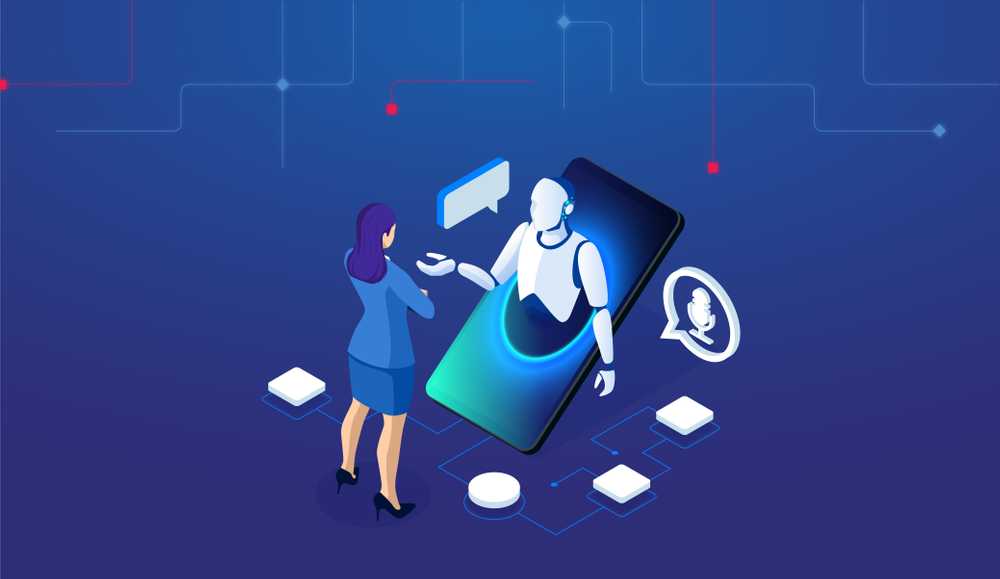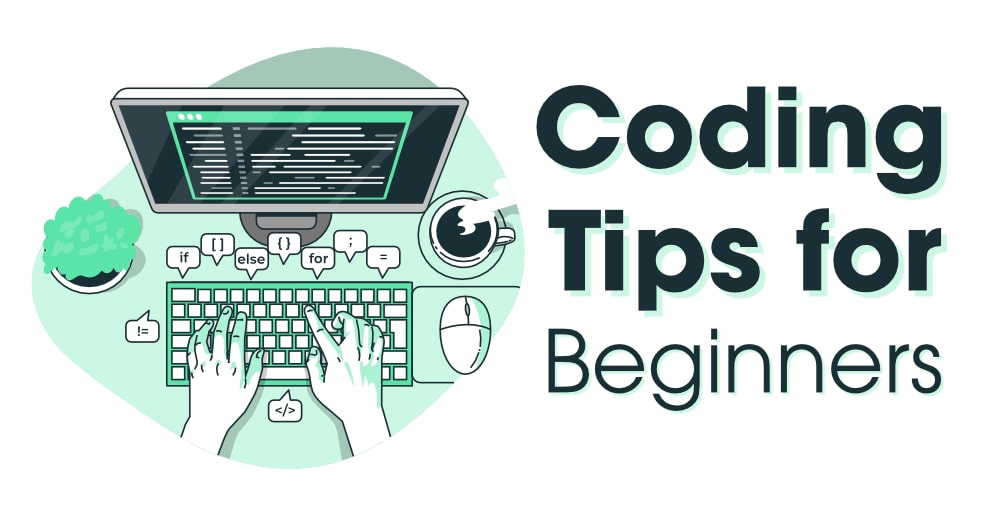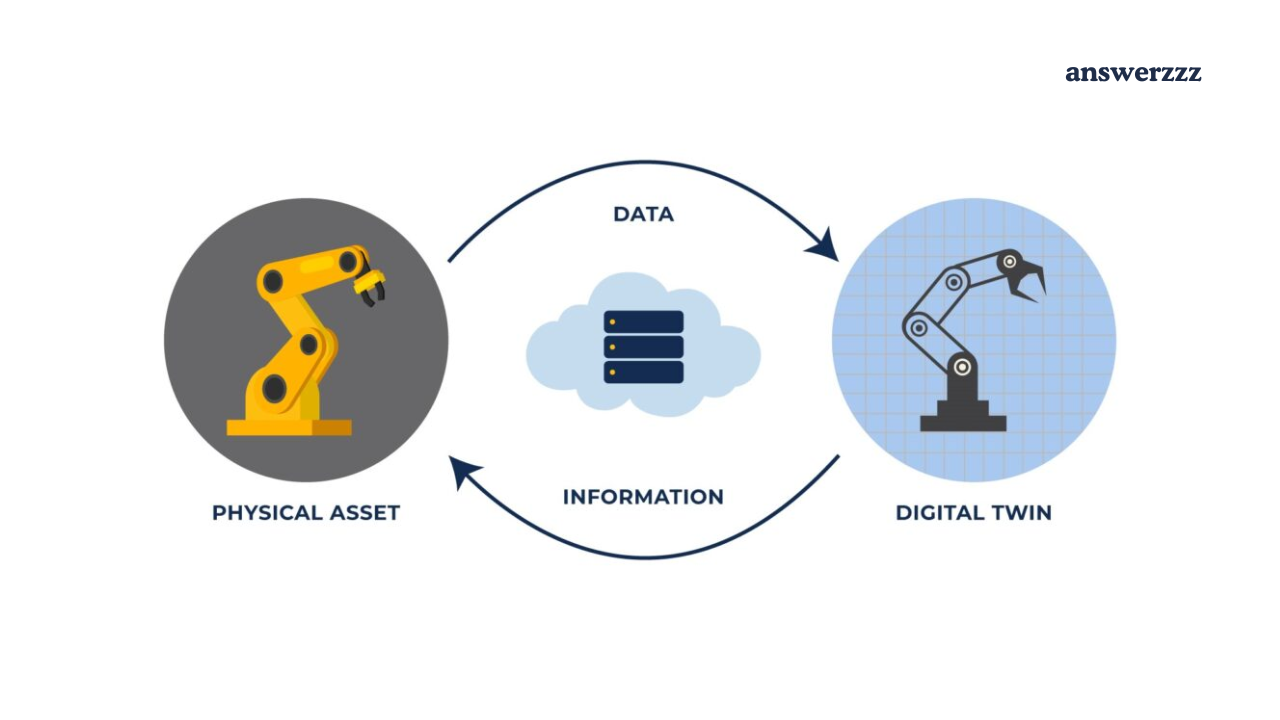Artificial intelligence (AI) is rapidly transforming the way we live, work, and interact with the world. Among the most prominent innovations in AI technology are AI assistants, like OpenAI’s ChatGPT and Google’s Bard. These digital assistants are not only changing the way we access information but are also influencing productivity, creativity, and even personal relationships. In this article, we explore how AI assistants such as ChatGPT and Bard are revolutionizing everyday life and shaping the future of human-computer interaction.
Understanding AI Assistants

AI assistants are advanced software applications that use natural language processing (NLP), machine learning, and vast datasets to understand, interpret, and respond to human queries. The goal of these assistants is to simulate human conversation, making it easier for users to interact with technology in a more intuitive and user-friendly manner. By leveraging sophisticated algorithms, AI assistants can assist with tasks ranging from answering questions to generating creative content.
OpenAI’s ChatGPT and Google’s Bard are two of the most popular AI assistants in use today. While both share similar functionalities—such as answering questions, providing recommendations, and assisting with writing—each has its unique features, making them stand out in the evolving landscape of AI.
ChatGPT: Revolutionizing Conversations with AI
ChatGPT, powered by OpenAI’s GPT-3 and its successors, is an AI language model designed to understand and generate human-like text. Since its inception, it has made significant waves in the AI community, offering users an interactive tool that can mimic conversation in a way that feels natural and human. What sets ChatGPT apart is its ability to engage in open-ended conversations on a wide array of topics.
One of the ways ChatGPT has transformed everyday life is by assisting individuals with complex tasks that previously required specialized knowledge or professional expertise. Whether it’s helping someone write an email, creating summaries of long articles, generating creative writing prompts, or even coding, ChatGPT has become an indispensable tool for a variety of users. Its capacity to assist in real-time, offer personalized advice, and provide actionable information has turned it into a go-to assistant for people looking to streamline their daily lives.
Moreover, ChatGPT’s capabilities extend to education. Students across the globe have started using the platform to get quick explanations on subjects they’re struggling with or to generate ideas for projects and essays. Its adaptability in answering questions from multiple disciplines makes it an invaluable resource for learners of all ages.
Bard: Google’s Innovative Entry into AI Conversations
Google’s Bard is another major player in the AI assistant space. Powered by Google’s LaMDA (Language Model for Dialogue Applications), Bard is designed to generate more natural, insightful responses to users’ queries. Bard’s focus is on creating an interactive conversational experience that feels intuitive, making it easy for users to get the information they need concisely and engagingly.
What differentiates Bard from ChatGPT is its integration with Google’s vast database of search results and its ability to access real-time data from the web. While ChatGPT primarily relies on pre-existing training data up until a particular date, Bard can pull from current, up-to-date information. This makes Bard particularly useful for getting answers about trending topics or fast-moving industries, where timely information is crucial.
Bard’s impact on everyday life is felt not only by individual users but also by businesses and professionals. Its ability to provide comprehensive, well-researched responses based on real-time data is proving to be invaluable in areas such as digital marketing, customer service, and data analysis. As Bard continues to evolve, it’s likely to play an even more significant role in helping individuals and organizations navigate the increasingly complex digital world.
Enhancing Productivity and Efficiency

One of the most profound ways that AI assistants are transforming everyday life is by enhancing productivity and efficiency. Tasks that once took hours to complete—such as drafting reports, responding to emails, or organizing data—can now be streamlined with the help of AI tools like ChatGPT and Bard. These AI assistants are designed to work quickly, efficiently, and with a level of consistency that humans might struggle to achieve.
For instance, in a professional setting, ChatGPT can help employees brainstorm ideas for presentations, create outlines for documents, or automate routine tasks like generating meeting agendas. Similarly, Bard can help professionals stay up to date with industry news, find relevant case studies, and offer solutions to business problems—all within minutes.
Additionally, the rise of AI assistants has led to increased collaboration and communication within teams. AI-powered chatbots and assistants can facilitate group work by managing scheduling, sharing resources, and answering questions in real time. By automating mundane tasks, workers have more time to focus on high-value activities that require human insight and creativity, which ultimately boosts productivity and improves job satisfaction.
The Impact on Creativity
Maximize Your Laptop Battery Life: Tips for Longer Performance
The impact of AI assistants on creativity has been one of the most exciting and transformative developments in recent years. AI models like ChatGPT and Bard are capable of generating text, poetry, music, and even visual art, offering creative professionals new tools to enhance their work. Artists, writers, marketers, and content creators can use these assistants to generate ideas, draft scripts, or create stories, thus overcoming creative blocks and speeding up the creative process.
ChatGPT, for example, is widely used by writers to generate ideas, write stories, or edit drafts. Its ability to provide suggestions for plot twists, character development, and dialogue has made it a valuable asset for authors, screenwriters, and other creatives. Similarly, Bard, with its ability to pull in real-time information, allows content creators to stay informed about the latest trends and topics, ensuring that their work is relevant and up-to-date.
Furthermore, these AI assistants are helping democratize creativity by making powerful tools accessible to anyone, regardless of their background or expertise. Aspiring writers who may have struggled with writer’s block or self-doubt now have a reliable resource to turn to, helping them refine their ideas and enhance their creative output.
Personal Assistance and Emotional Support
Another significant transformation brought about by AI assistants is their ability to provide personalized assistance and even emotional support. ChatGPT and Bard, while not capable of human empathy, can serve as a sounding board, offering advice and guidance in a non-judgmental way. Many users turn to these assistants to help them work through personal dilemmas, navigate difficult decisions, or simply vent.
For example, ChatGPT has been used by individuals seeking advice on relationships, career choices, and personal development. Its ability to offer non-judgmental suggestions or help users organize their thoughts makes it a helpful resource for self-reflection. Similarly, Bard’s conversational nature allows it to engage users more organically, providing information that feels intuitive and helpful.
This shift towards AI-driven personal assistance is a significant change in how individuals approach their mental and emotional well-being. While it’s important to remember that AI cannot replace human interaction or professional therapy, it provides an additional layer of support that can help people feel more confident and informed in their daily lives.
Ethical Considerations and Challenges

Despite their many benefits, the use of AI assistants like ChatGPT and Bard raises important ethical concerns. Issues surrounding privacy, data security, and the potential for AI to perpetuate biases are at the forefront of the conversation. Both ChatGPT and Bard rely on massive datasets to train their models, which raises concerns about how user data is used and whether it is adequately protected.
Furthermore, the potential for AI to spread misinformation or generate harmful content is another concern. While both ChatGPT and Bard have safeguards in place to prevent the dissemination of harmful material, no system is foolproof, and there is always a risk of AI being used to manipulate or deceive users.
As AI assistants continue to evolve, it is crucial for developers, governments, and users to work together to ensure that these technologies are used responsibly. By fostering transparency, accountability, and ethical guidelines, society can mitigate the potential risks while maximizing the benefits of AI-powered tools.
The Future of AI Assistants
The future of AI assistants like ChatGPT and Bard is incredibly exciting. As AI technology continues to improve, these assistants are likely to become even more sophisticated, capable of understanding context, emotions, and complex human needs. It’s conceivable that AI assistants could soon become integral parts of our daily lives, assisting with everything from mental health support to managing our finances.
One potential development is the deeper integration of AI assistants with other technologies, such as the Internet of Things (IoT), augmented reality (AR), and virtual reality (VR). This could lead to even more immersive and personalized experiences, where users interact with AI assistants in a variety of settings, from smart homes to virtual environments.
How to Improve Your Wi-Fi Signal: 7 Easy Tips for Faster Internet
Moreover, AI assistants could play a pivotal role in addressing global challenges. For instance, they could help individuals and organizations combat climate change by offering data-driven solutions or assist with global health crises by providing timely and accurate information.
AI assistants like ChatGPT and Bard are transforming everyday life in once unimaginable ways. From enhancing productivity and fostering creativity to providing personal assistance and emotional support, these AI-driven tools are becoming indispensable in our daily routines. However, as their capabilities continue to grow, it is essential to address the ethical concerns that come with their use. With careful oversight and responsible implementation, AI assistants have the potential to revolutionize the way we interact with technology and each other, creating a future where artificial intelligence enhances the human experience in meaningful ways.



